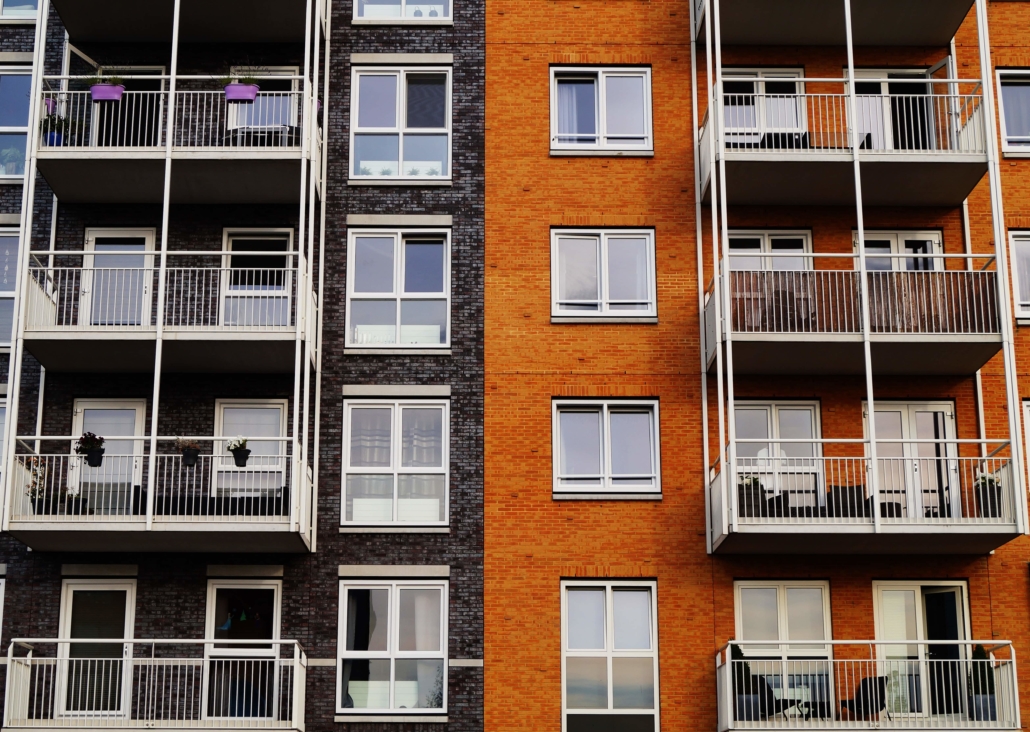4 Vital Factors to Consider for First-Time Homebuyers in 2023
Think, for a moment, just how much your life has changed from January 1st of this year to today. For some, 2020 brought completely new working conditions as offices closed down and employees relocated to their home offices. Others took the opportunity to move back in with their parents and save some extra cash. Regardless of your particular situation, there’s no question that 2020 has had its fair share of curveballs—and nothing could be closer to the truth for first-time home buyers.
Purchasing your first home is intimidating enough under normal circumstances, and the current state of the world only makes the home buying process that much more complicated. While the underlying process has stayed the same, those shopping for homes must also contend with social distancing measures and fluctuating markets before they can even think about signing on the dotted line.
Whether you’re looking for a cheaper alternative to renting your city apartment or are just ready to settle into a more permanent living situation, here are four of the most important changes in the home buying process that you should keep in mind.
Virtual Tours

House tours have always been one of the most important steps in the process of shopping for a new home. A well-staged house and persuasive realtor can help even the most skeptical viewer envision the space as their new home, and for many, home tours are one of the largest deciding factors alongside a trusted home inspection.
So what happens when you aren’t able to meet in person for a house to tour your potential dream home? To help replicate the in-person experience, many realtors have turned to virtual home tour technology.
3D virtual tours take the online home buying process to another level and provide a much more immersive glimpse into the houses you’re considering—especially when compared to a simple photograph. That’s because virtual tours allow viewers to see every angle of the space, such as how each room flows into the next. Virtual tours also allow first-time home buyers to buy homes on the market that would otherwise be too far away to visit in-person.
That being said, there are a few important factors that first-time homebuyers should consider when touring homes online. Asking your realtor to describe any distinct odors or loud sounds is a great idea, as these senses don’t translate well over a screen. And it’s always a good idea to tour the surrounding area to ensure the home is in a neighborhood suitable for your lifestyle needs.
Home Size

More likely than not, the events of the past year have changed not only how you looked for homes but also what you look for in a home. Thanks to shelter-in-place and social distancing restrictions, many new homeowners are looking for new types of amenities that will help them live comfortably during and after quarantine.
Remote work has made designated home office spaces a must-have in the search for new homes, and houses with ample outdoor living areas—from screened-in decks to lavish patios—are some of the most competitive on the market. In general, homes that feature rooms dedicated to a specific activity, such as a media room or wine cellar, have also become much more popular over the past few months.
This makes it even more important to look for a home that accommodates your needs today and well into the future. Investing in a more sizable home may come with a higher price tag, but it could save you time, money, and energy if you can avoid moving after only a few years of occupancy. To ensure you aren’t overstepping your financial boundaries, you should calculate in advance the amount of house you can afford in your current situation. These resources help you navigate the delicate balance between increasing your square footage and minimizing the hit to your savings.
Competitive Markets

If you’re already shopping for your first home, you might be all too familiar with the dread that comes with losing your first choice home to someone with a better offer. The most competitive housing markets in the country include major metropolitan areas like New York City and San Francisco, but even smaller suburban neighborhoods are facing unprecedented levels of new home buyer interest as people look to escape the high costs and cramped quarters of city life.
An uptick in real estate interest means that you’ll have to prepare for houses to sell more quickly and for a higher number of offers to be on the table. The key to navigating a hot housing market is to approach your search with an open, flexible mind. Looking into opportunities as they present themselves is a good mindset to ensure that you don’t get too discouraged should your search stretch into the foreseeable weeks or months.
In order to jump on new homes in your desired markets, you’ll consequently need to make sure that you have everything in order first. Being prepared is the key to moving through the homebuying process as quickly as possible, and first-time home shoppers who do not have their financial records, paycheck statements, and other personal information readily available are only lessening their chances.
Savings and Stability

Ask any financial advisor and they will tell you that savings are paramount within a personal finance portfolio. But a well-stocked savings account has only become more important when grappling with all of the challenges that 2020 has presented. Depending on the stability of your income, some experts recommend keeping as much as six month’s worth of expenses within grasp to keep you afloat during emergency situations.
Understanding how much you should have set aside in your savings is a critical step in vetting your personal finances before a first-home purchase in 2020. While a lack of established savings doesn’t inherently mean you should avoid shopping for your first house, it will make you much less prepared for any financial hiccups along the way—everything from closing costs to an unexpected HVAC replacement.
The same concept applies to your income, where having a stable, regular paycheck will prove invaluable in balancing the financial constraints of quarantining with the purchase of your first home. Not only will a volatile employment history make it harder to manage your monthly mortgage installments, but it may also impact the size and rate of your mortgage. Keeping your income in check is a key financial indicator that you’re ready for your first home, and it’s a habit you should take with you long after 2020 is over.








